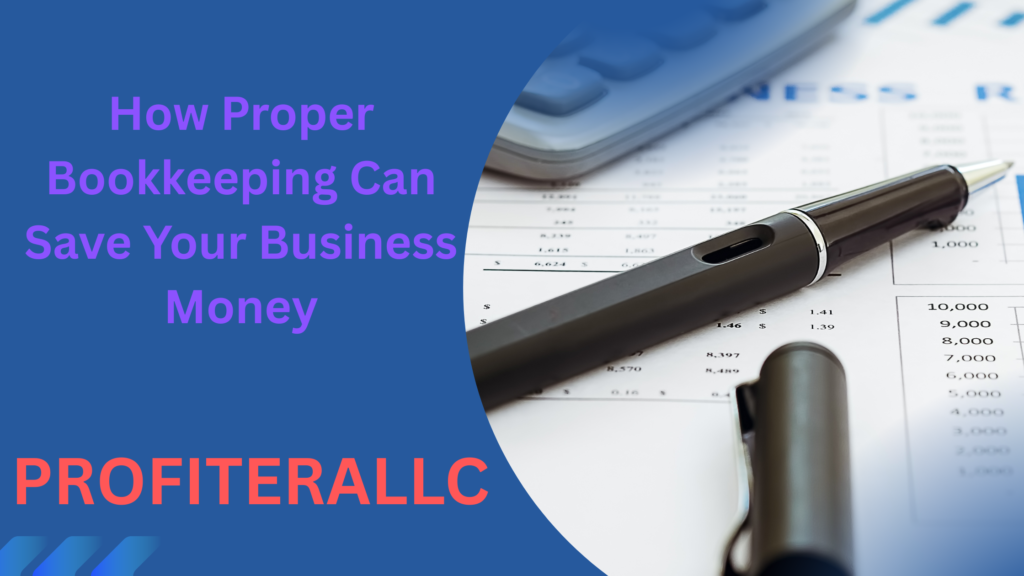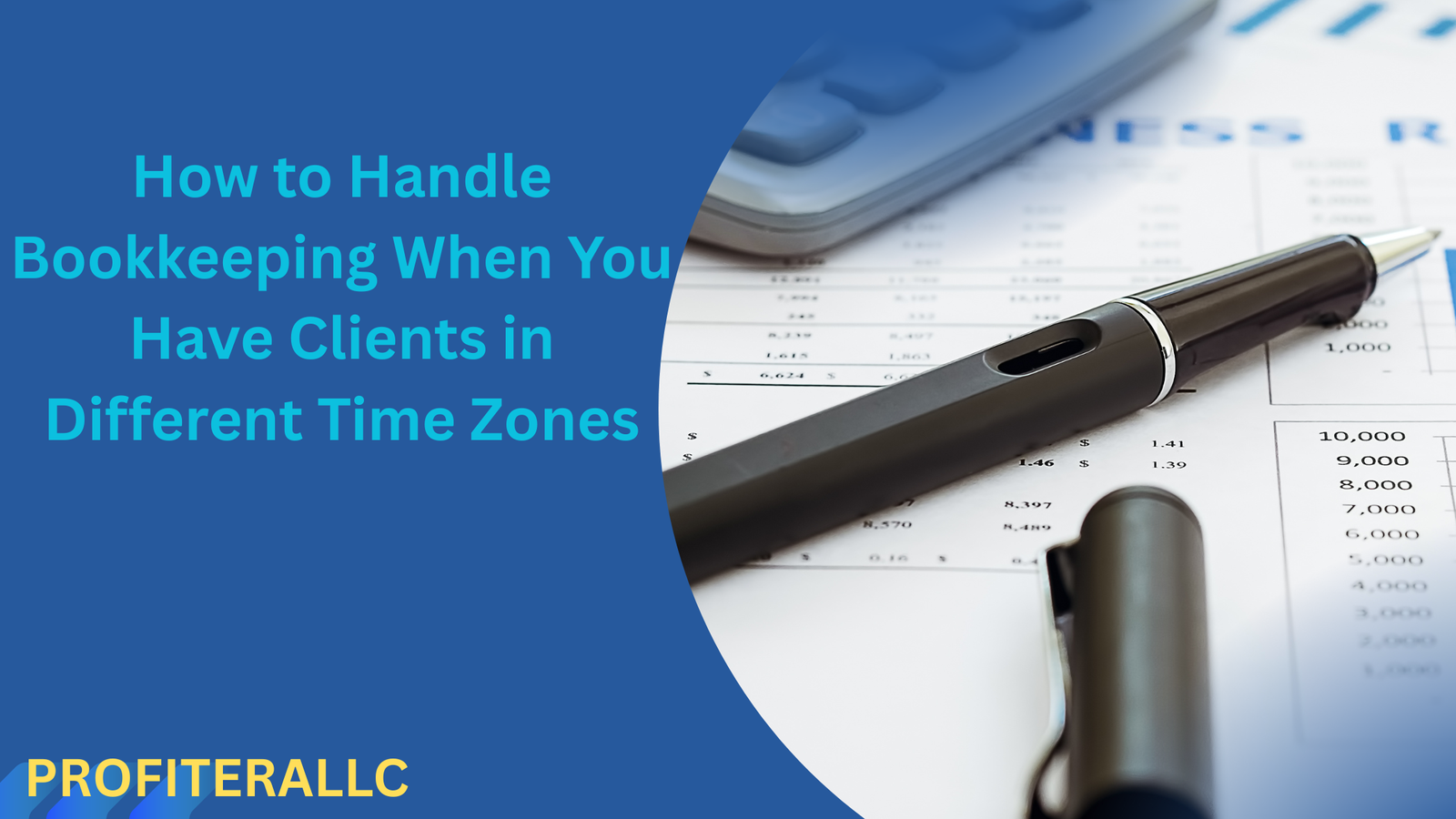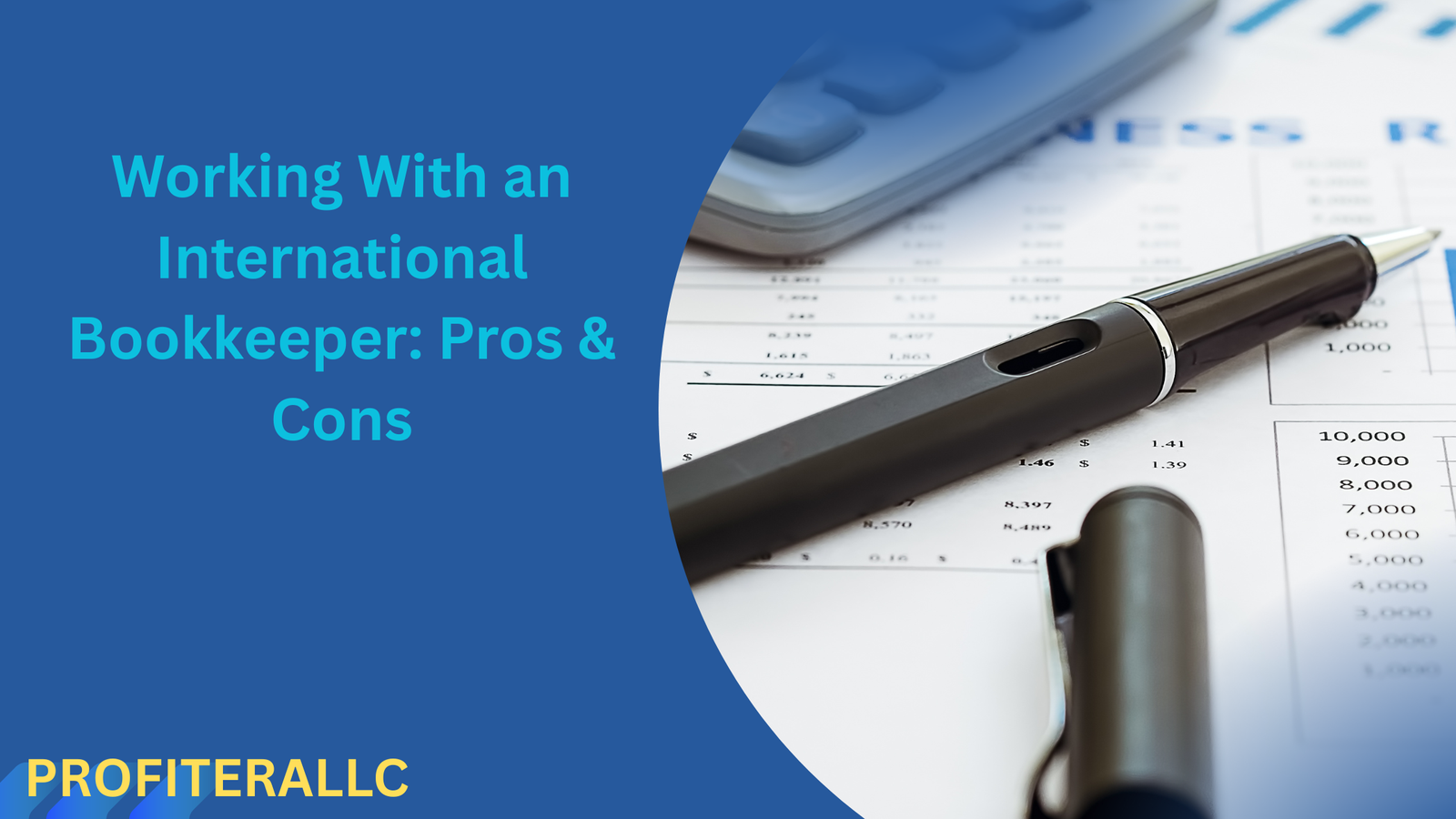
Running a business involves numerous financial responsibilities, and one of the most critical yet often overlooked aspects is proper bookkeeping. Many small business owners underestimate the importance of maintaining accurate financial records, only to face costly consequences later.
Effective bookkeeping is more than just tracking income and expenses—it provides valuable insights into your business’s financial health, helps in tax compliance, prevents fraud, and supports informed decision-making. In this blog post, we’ll explore how proper bookkeeping can save your business money and why neglecting it could be a costly mistake.
1. Avoiding Costly Tax Mistakes
One of the biggest financial risks for businesses comes from tax-related errors. Poor bookkeeping can lead to:
- Underpayment or overpayment of taxes – Without accurate records, you might pay more than necessary or face penalties for underreporting.
- Missed deductions – Many business expenses are tax-deductible, but if they’re not properly recorded, you lose out on savings.
- Audits and fines – The IRS and other tax authorities may flag inconsistencies, leading to audits and hefty penalties.
By maintaining organized and up-to-date books, you ensure that all tax filings are accurate, maximizing deductions while staying compliant.
2. Improving Cash Flow Management
Cash flow is the lifeblood of any business, and poor bookkeeping can lead to:
- Unpaid invoices – Losing track of receivables means delayed payments and potential cash shortages.
- Unexpected expenses – Without proper expense tracking, you might overspend in certain areas, hurting profitability.
- Late payment penalties – Missing vendor or loan payments due to poor record-keeping can result in unnecessary fees.
With proper bookkeeping, you can:
- Monitor cash inflows and outflows in real time.
- Forecast future financial needs.
- Negotiate better payment terms with suppliers.
This proactive approach prevents financial crises and keeps your business running smoothly.
3. Reducing Fraud and Financial Mismanagement
Small businesses are particularly vulnerable to fraud and embezzlement due to limited oversight. Poor bookkeeping makes it easier for employees or even external parties to:
- Misuse company funds (e.g., unauthorized expenses, fake invoices).
- Steal inventory or cash without detection.
- Manipulate financial statements to hide losses.
Implementing strong bookkeeping practices, such as:
- Regular bank reconciliations
- Separation of duties (different people handling receipts, payments, and approvals)
- Digital audit trails
can significantly reduce fraud risks and save your business from major financial losses.
4. Making Smarter Business Decisions
Without accurate financial data, business decisions are based on guesswork rather than facts. Proper bookkeeping provides insights into:
- Profitability by product/service – Identify which offerings generate the most revenue.
- Cost-saving opportunities – Spot unnecessary expenses and renegotiate contracts.
- Growth potential – Determine when to expand or cut back based on financial trends.
For example, if your books show that a particular product line is consistently unprofitable, you can discontinue it and allocate resources more efficiently.
5. Securing Financing and Investors
Whether you need a business loan, line of credit, or investor funding, lenders and investors require clear financial records. Poor bookkeeping can:
- Delay loan approvals – Banks need proof of income, expenses, and profitability.
- Lower creditworthiness – Incomplete records may lead to higher interest rates or rejected applications.
- Scare away investors – They want transparency in financial performance before committing funds.
A well-maintained set of books makes it easier to secure financing at favorable terms, helping your business grow without unnecessary financial strain.
6. Saving Time and Reducing Stress
Many business owners waste countless hours trying to:
- Locate lost receipts
- Reconstruct past transactions
- Fix accounting errors at tax time
This inefficiency leads to lost productivity and increased stress. With automated bookkeeping tools (like QuickBooks, Xero, or FreshBooks) and professional help, you can:
- Reduce manual data entry errors
- Generate financial reports instantly
- Focus more on growing your business
Time saved is money earned, and streamlined bookkeeping ensures you’re not wasting resources on avoidable mistakes.
7. Ensuring Compliance with Legal Requirements
Different industries have specific financial reporting and record-keeping requirements. Failure to comply can result in:
- Fines and legal penalties
- Loss of business licenses
- Reputational damage
Proper bookkeeping ensures that you meet all legal obligations, from payroll taxes to industry-specific regulations, protecting your business from costly legal troubles.
Conclusion
Proper bookkeeping is not just an administrative task—it’s a financial strategy that can save your business thousands of dollars. From avoiding tax penalties and improving cash flow to preventing fraud and securing funding, accurate financial records are the foundation of a successful business.
If you’ve been neglecting your books, now is the time to take action. Consider hiring a professional bookkeeper or investing in accounting software to streamline the process. The small investment in proper bookkeeping today can lead to significant savings and long-term profitability.
For expert bookkeeping and financial management services, contact Profiterallc—we help businesses stay financially healthy and maximize their profits.






